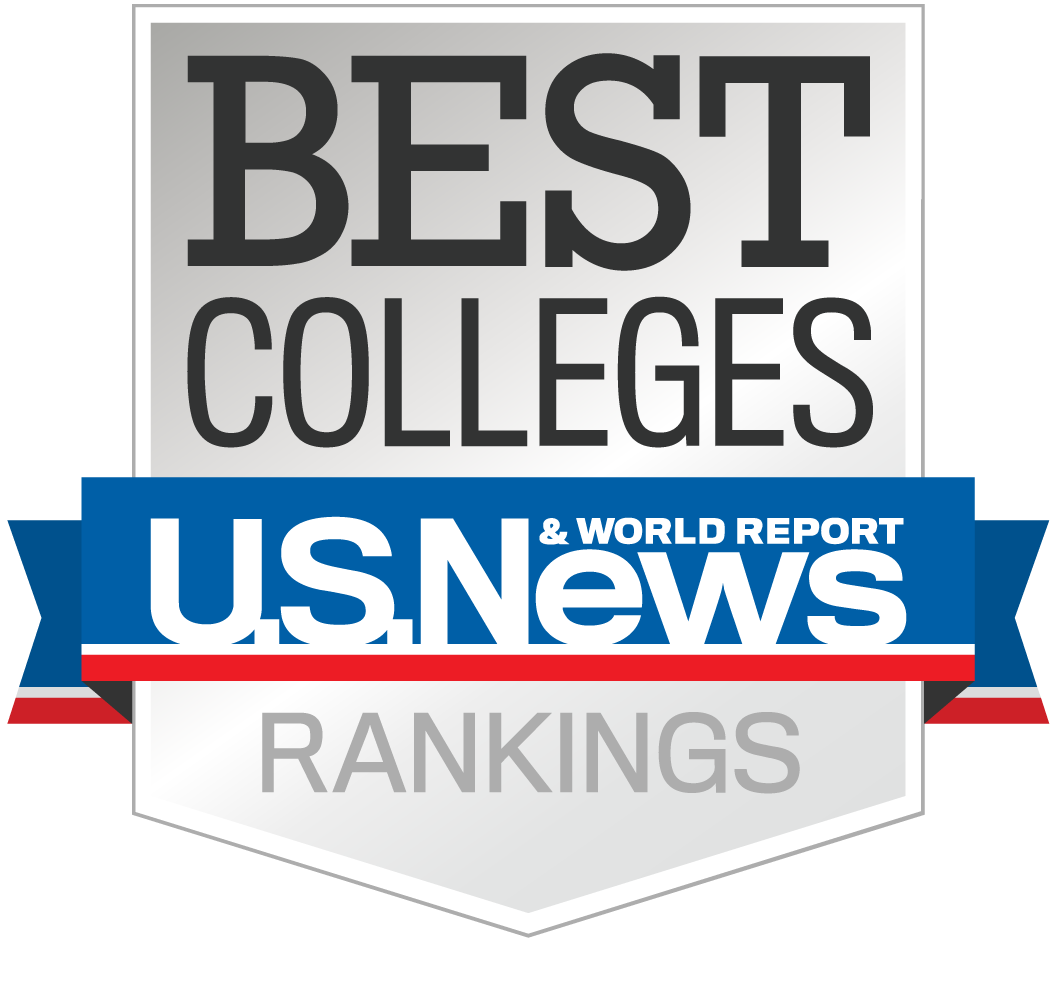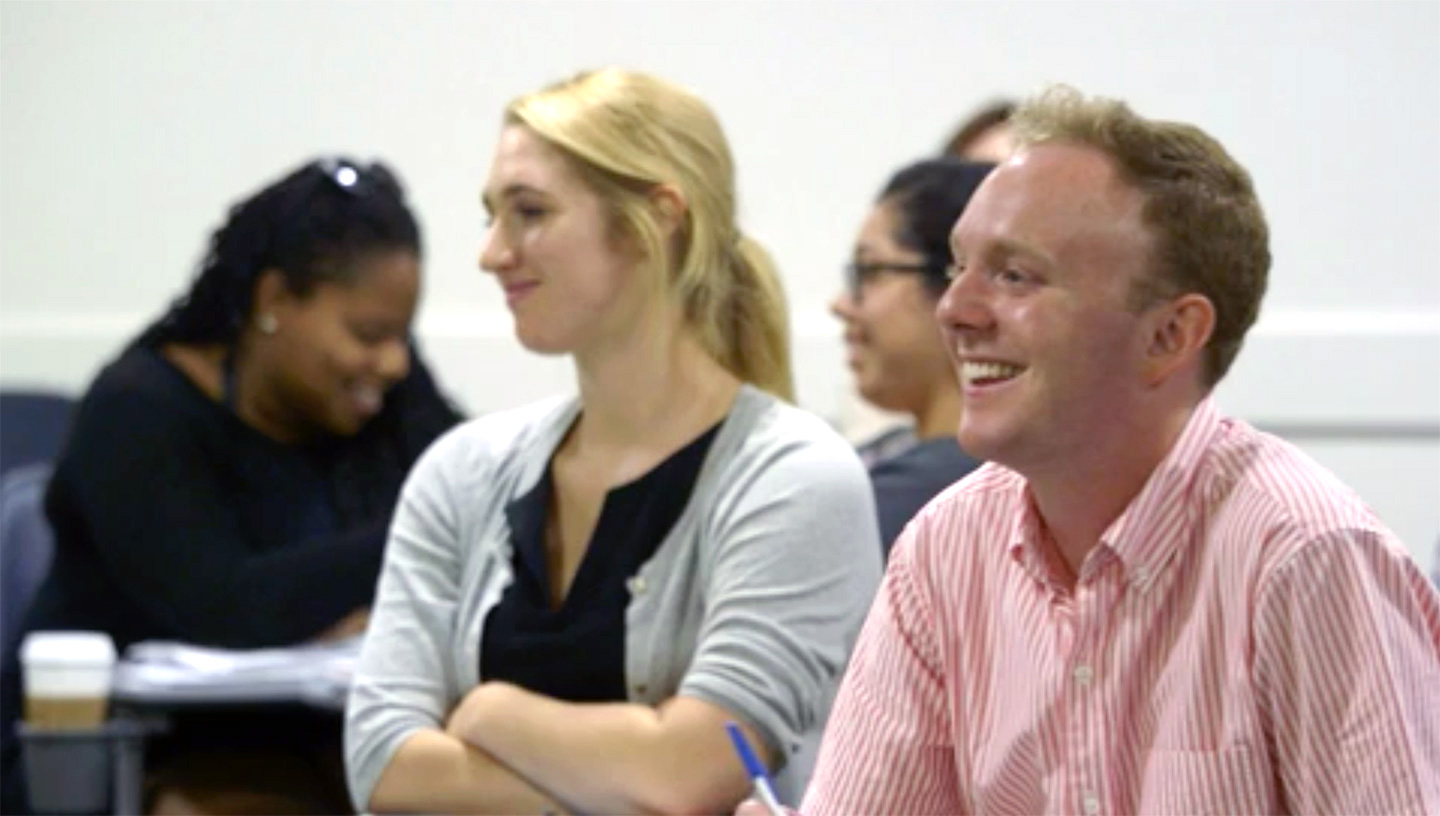
Our LMU Counseling program attracts local, national and international students who desire to realize their own talents for helping others.
Our program offers a rolling admissions process and process applications as we receive them for entrance in Fall, Spring, and Summer semesters.
We welcome your application as a motivated, thoughtful graduate student in one of the following options:
- We offer a 60-unit Master of Arts in Counseling program that positions graduates for licensure as LPCC (Licensed Professional Clinical Counselor) practitioners, thus maximizing their degrees of freedom relative to navigating their career post-graduation. After becoming a "Professional Clinical Counseling Intern" (PCCI) to obtain their post graduation clinical hours for LPCC licensure, our LPCC graduates go on to work in community agencies, mental health clinics, and/or their own private practice.
- In addition, we offer a 51-unit Master of Arts in School Counseling program that allows graduates to earn the P.P.S. (Pupil Personnel Services) School Counseling Credential with included Child Welfare and Attendance Authorization, preparing our graduates for career mobility in all K-12 academic settings.
- For our graduate students who wish to pursue a career-track in both LPCC and PPS/CWA, we offer a combined 63-unit program that includes licensure and K-12 credential/authorization.
- For our graduate students who wish to pursue a career-track in higher education counseling, we offer a 41-unit Master of Arts in College Counseling and Student Affairs program (no credential or license).
Each program builds upon the previous so applicants have flexibility to adjust their program of interest prior to completing an M.A. degree in any given pathway, within a five year time span from beginning the program.
Learning Outcomes
As professional counselors in the field, M.A. Counseling Program graduates will be able to:
- Counsel for Inclusion and Social Justice: Apply effective counseling strategies to meet the diverse academic, social, emotional, and career needs of all clients.
- Apply Individual Counseling Skills and Theory: Counsel clients individually using appropriate theoretical approaches to address client readiness, language proficiency, cultural background, and/or individual development.
- Apply Group Counseling Skills and Theory: Counsel clients in group settings using advanced group facilitation skills and appropriate theoretical approaches to address client's readiness, language proficiency, cultural background, & individual development.
- Utilize Appropriate Assessment and Evaluation Measures: Evaluate clients using suitable/pertinent assessment measures based on the purpose of the measuring instrument and identified counseling need.
- Implement Research-and Evidence-Based Practices: Implement prevention and intervention strategies for diverse clients based on scientific research and program evaluations.
- Consult & Collaborate with Stakeholders: Consult effectively with all stakeholders involved in client's well-being and safety in order to improve client functioning.
- Engage in Self-Care and Reflection: Exemplify the main dimensions of personal growth and dispositions central to successful counseling, including self-awareness, self-care, and self-reflection.
- Engage in Ethical Decision-Making: Adhere to the specific ethical codes related to school counseling (e.g. ACA Code of Ethics, BBS Ethical Codes, ASCA ethical standards).
For those pursuing LPCC clinical pre-licensure, M.A. Counseling Program graduates will also be able to:
- Address Advanced Clinical Needs of Clients: Demonstrate advanced intervention techniques in the areas of addictions, community psychology, client exceptionalities and human sexuality to address the diverse needs of clinical populations.
For those pursuing the School Counseling Pupil Personnel Services (P.P.S.) Credential, M.A. School Counseling Program graduates will also be able to:
- Identify and Address Student Exceptionalities: Demonstrate advanced techniques in school-based consultation, prevention, and intervention in order to address the diverse needs of the PK-12 student population.
For those pursuing the College Counseling and Student Affairs M.A., graduates will also be able to:
- Navigate the Systems and Needs of Post-Secondary Institutions: Demonstrate understanding and navigation of the needs and organization of Post-Secondary (e.g. Higher Education) institutions and the students they serve.
For those pursuing the Child Welfare and Attendance Add-On Authorization to the P.P.S. credential, CWA Authorization completers will be able to:
- Develop the knowledge and skills necessary to meet the California Commission on Teacher Credentialing (CTC) Child Welfare and Attendance Specialization Standards (CTC PPS CWA Standards 1-8, pg 108).
- Advocate for PK-12 students using prevention and intervention strategies to address CWA issues that typically interfere with daily school attendance and disrupt K-12 pupil's academic, psychological and social successes.
*All LMU School of Education credential programs meet the California state requirements as specified by the California Commission on Teacher Credentialing (CCTC). The institution has not made a determination as to whether the credential program meets the requirement of states outside of California.
Join us today! Find out how to apply.
Questions about our Counseling Program offerings? Please request an overview of our Counseling programs by emailing soeinfo@lmu.edu.
